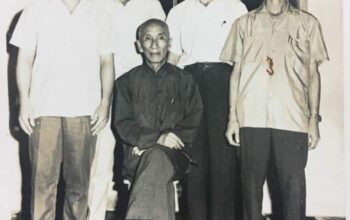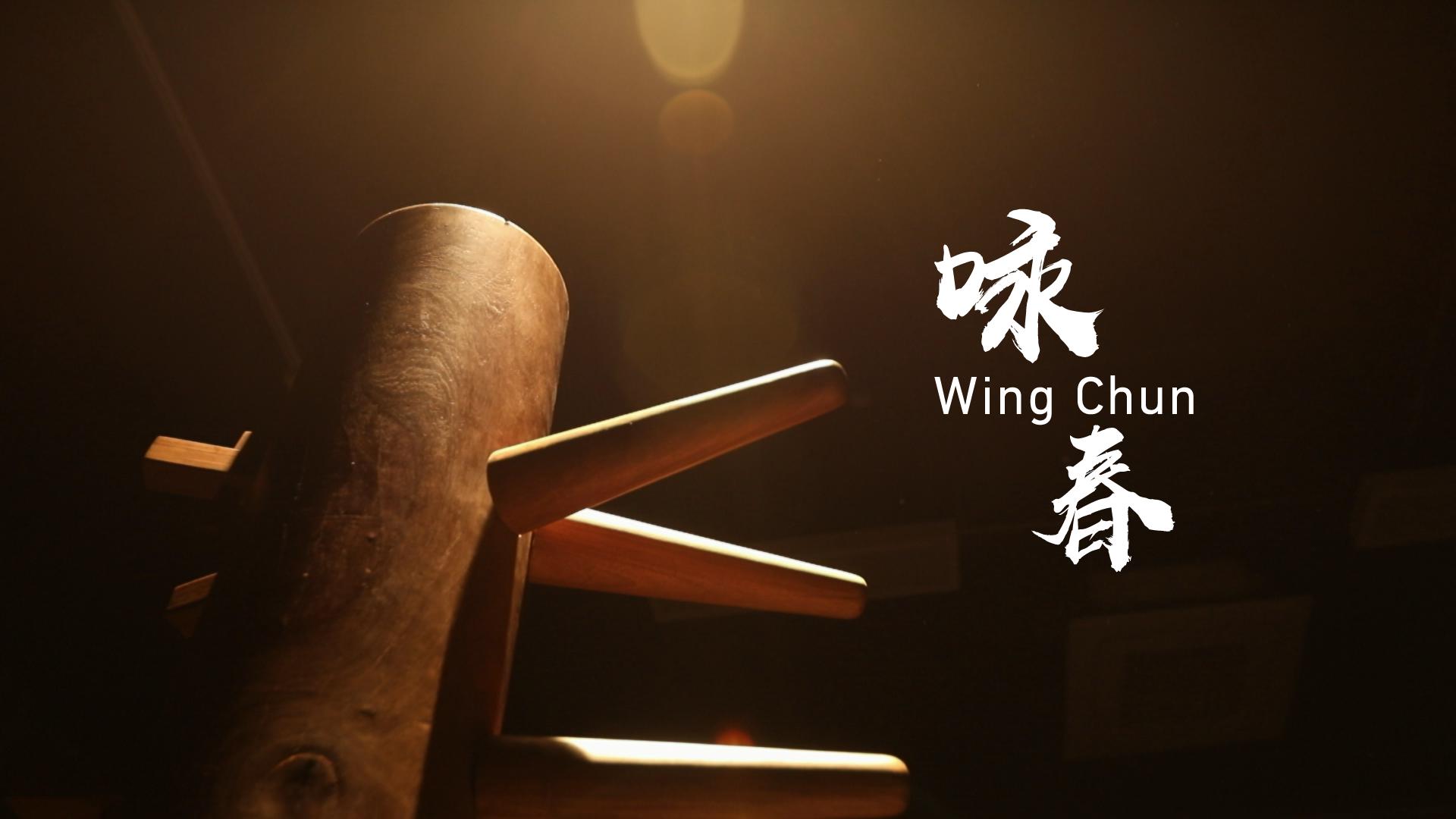The Many Benefits of Practicing Wing Chun: A Path to Physical, Mental, and Martial Excellence
Introduction:
Wing Chun, a traditional Chinese martial art, has gained popularity worldwide for its practicality, efficiency, and holistic approach to personal development. Rooted in centuries-old principles, Wing Chun offers a myriad of benefits for practitioners of all ages and abilities. In this article, we will explore the diverse advantages of practicing Wing Chun, spanning physical fitness, self-defense proficiency, mental well-being, and personal growth.
- Self-Defense Proficiency:
One of the primary benefits of practicing Wing Chun is gaining practical self-defense skills. The art’s emphasis on close-quarters combat, simultaneous attack and defense, and efficient use of energy equips practitioners with effective techniques to neutralize threats. Wing Chun’s focus on structure, balance, and centerline theory enables individuals to defend themselves against larger, stronger opponents. Through consistent training, practitioners develop reflexes, sensitivity, and the ability to adapt to various situations, empowering them with confidence and practical self-defense capabilities.
- Physical Fitness:
Wing Chun offers a comprehensive workout that improves overall physical fitness. The dynamic nature of the art, with its rapid punches, kicks, footwork, and continuous flowing movements, enhances cardiovascular endurance and stamina. The practice builds strength in the upper body, lower body, and core muscles, promoting functional strength and body conditioning. Furthermore, Wing Chun’s emphasis on balance, coordination, and flexibility enhances agility, body control, and joint mobility.
- Mental Focus and Discipline:
Practicing Wing Chun cultivates mental focus, concentration, and discipline. The art requires practitioners to maintain constant awareness of their movements, their opponent’s actions, and the surrounding environment. The repetitive nature of training drills and forms develops mental clarity, attention to detail, and the ability to execute techniques with precision. Wing Chun’s meditative aspects, such as Chi Sao (sticky hands) exercises, promote mindfulness and relaxation, reducing stress and enhancing mental well-being.
- Improved Reflexes and Timing:
Wing Chun training targets and sharpens reflexes, enabling practitioners to react swiftly and instinctively. The sensitivity drills, such as Chi Sao, develop heightened awareness, tactile perception, and the ability to anticipate and respond to opponents’ movements in real-time. Through fast-paced drills and reaction training, practitioners enhance their reflexes, timing, and the ability to make split-second decisions. These skills are transferrable not only to martial arts but also to various aspects of daily life, fostering quick thinking and adaptability.
- Conflict Resolution and Emotional Control:
Wing Chun’s philosophy emphasizes resolving conflicts with minimal force and promoting harmony. Practitioners learn to redirect and control an opponent’s energy rather than relying solely on brute strength. This mindset fosters a more compassionate and non-confrontational approach to conflict resolution. Moreover, the training develops emotional control and self-discipline, as practitioners learn to remain calm and composed in challenging situations, enabling them to make rational decisions under pressure.
- Personal Growth and Character Development:
Beyond physical and martial proficiency, Wing Chun offers a transformative journey of personal growth and character development. The training instills discipline, perseverance, patience, and humility, as practitioners face challenges, overcome obstacles, and constantly strive for improvement. Wing Chun fosters self-awareness, self-confidence, and a sense of self-empowerment. The art’s emphasis on respect, honor, and integrity nurtures positive values, facilitating personal growth and the development of a strong moral compass.
Conclusion:
Practicing Wing Chun offers a multitude of benefits that extend beyond physical fitness and self-defense. With its practical approach to combat, the art equips practitioners with effective self-defense skills. The holistic training enhances physical fitness, mental focus, reflexes, and emotional control.







